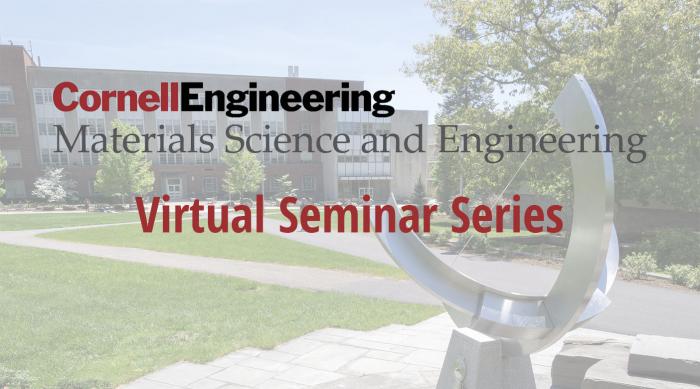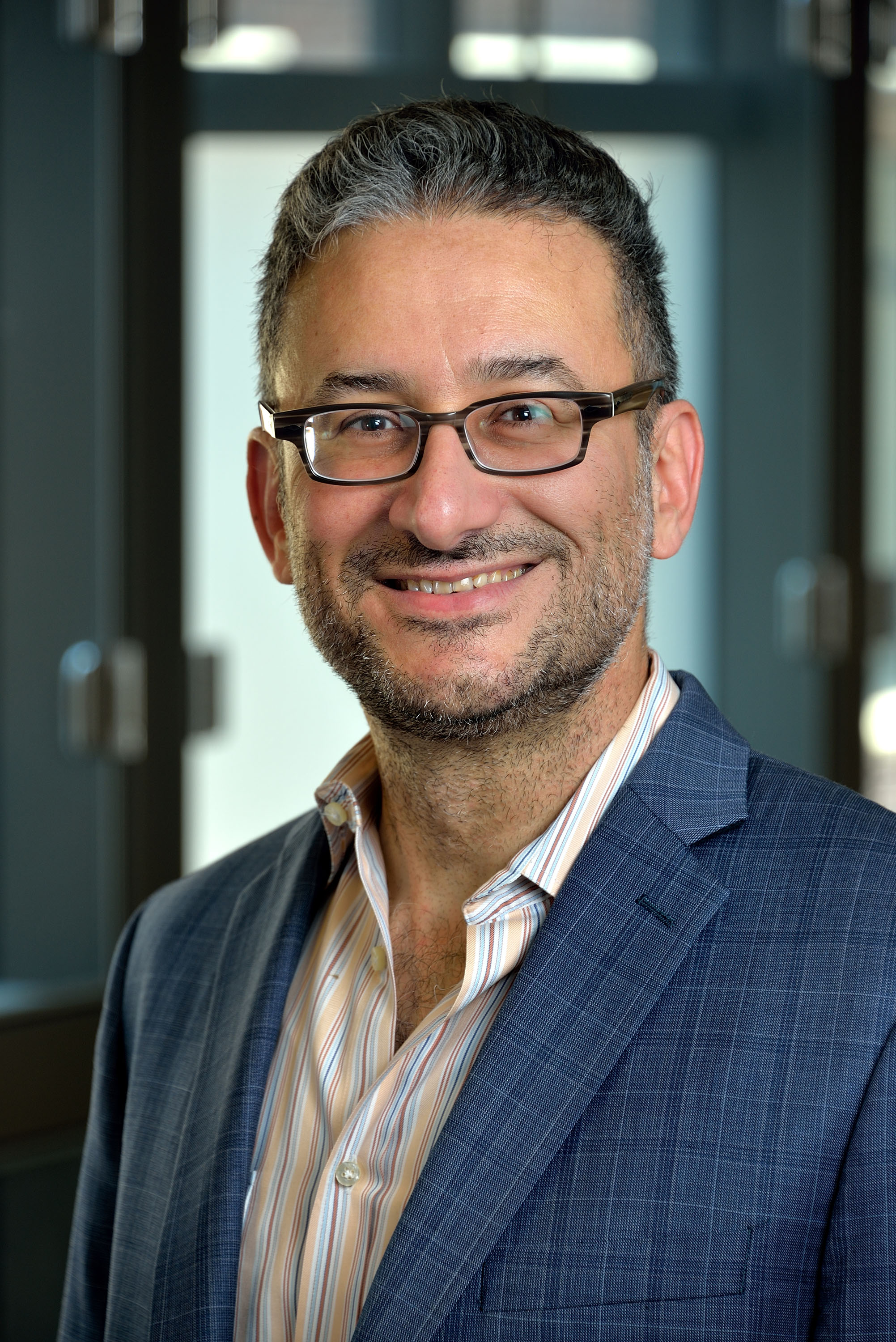
MSE Virtual Seminar: Talid Sinno, University of Pennsylvania
Description
The Materials Science of DNA-Linked Colloidal Crystals: ‘Not Always Like Atoms’
Talid Sinno
University of Pennsylvania

The self-assembly of colloidal crystals from micro- or nano-particles is of interest as a potential avenue for making novel materials with unique optical and/or structural properties. A diverse range of ordered configurations have now been demonstrated using self-assembling particles driven by one or more of a number of strategies, including external fields, depletion, and functionalized particles. One particularly versatile approach is to functionalize particles with brushes of single-stranded DNA oligomers that are designed to partially hybridize with strands on other particles. These hybridization events collectively create an interaction potential between particles, similar to those that exist between atoms. Careful design of the DNA oligomer sequence allows for the creation of distinct ‘elements’ and the spontaneous assembly of a diverse range of multicomponent crystalline structures.
Numerous successful experimental demonstrations to date notwithstanding, it is now increasingly clear that a rigorous understanding of the ‘materials science’ governing both the thermodynamics and kinetics of crystallization is required in order to fully take advantage of this potentially powerful route for assembling interesting ordered configurations. In this talk, I describe work employing a several computational techniques to study the nucleation, growth, and structural transformations of colloidal crystals. First, I describe how intentional control of size mismatch between crystals may be used to create ‘floppy’ structures with interesting degrees of freedom. The important role of hydrodynamic correlations in this setting is analyzed in detail. Next, a study of heterogeneity in the interactions between particles is presented that shows how a seemingly detrimental aspect of the DNA-functionalization process can in fact increase crystallization robustness. Finally, if time permits, I will briefly describe how more complex structures may be assembled by creating clusters of particles that exhibit directional bonding.
For Webinar information please contact Kyle Page (kmp265@cornell.edu)

